
The Free Press

“If you come up to me and tell me you’re a Trump supporter, like, I’m not even gonna associate myself with you,” said 19-year-old Lamia during a series of focus groups I observed for young people split by gender in Philadelphia last month.
Like the other women in her group, Lamia listed “reproductive rights” as an issue she cares about most. But in the roundtables with men, the dominant topic was the economy. “I think that what matters most to me is how much I’m spending on necessities,” said Dennis, who is 23 and a Republican. Mark, 28 and an independent, said one of his top issues ahead of the election is “jobs.” (Participants were not required to give their last names.)
While none of the 50-plus respondents aged 18 to 34 was bullish on either political party, one thing was clear: Today’s young men and women are at odds with each other.
“Young men and women have always voiced somewhat different views of the world, but they appear further apart on fundamental questions of equality and fairness,” said Daniel Cox, director of the Survey Center on American Life, which organized the sessions to explore young people’s attitudes toward dating, online culture, and politics. “For many young women, the world is an unsafe and unfriendly place. Young men look around and see a culture of female empowerment that casts them at best as irrelevant and at worst as villains.”
Political pundits and pollsters, at times, have insisted this election is about immigration, democracy, and national strength during a time of global strife. But nothing—nothing—defines this election more than one thing: sex.
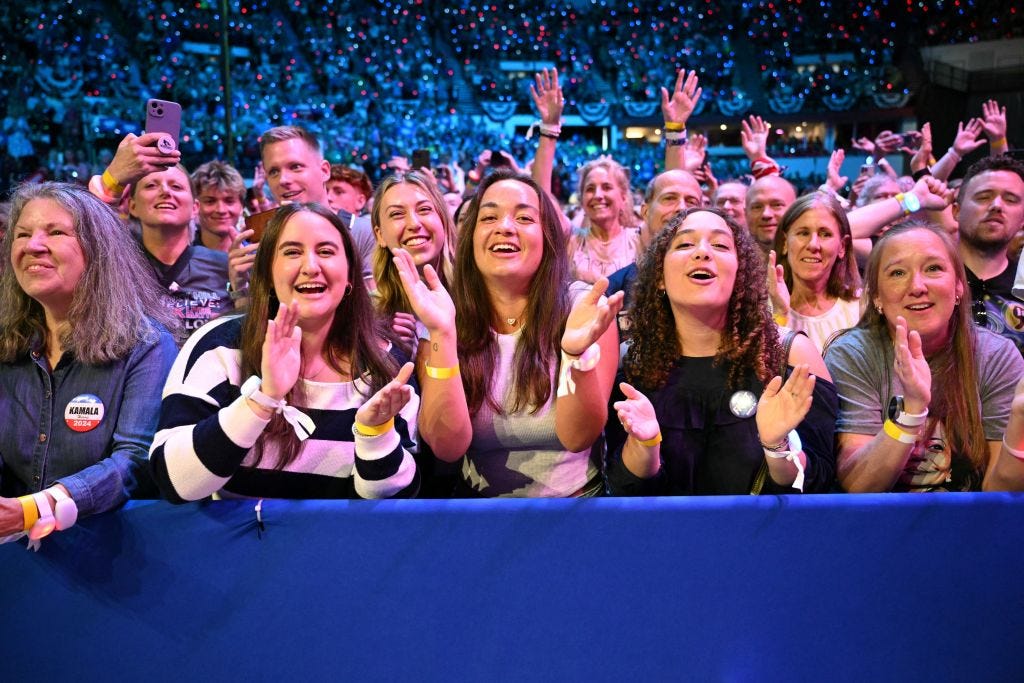
Across the board, polls prove men and women are split when it comes to choosing candidates. Harris is up by 14 points among women and Trump is up by 13 points with men, according to a New York Times/Siena survey of likely voters this month. A recent Pew Research poll found that Harris has an advantage over Trump by 9 points with women, while Trump is up 8 points with men. And an ABC/Ipsos poll from last month showed Harris up 13 points with women, while Trump was up 5 points with men.
But nowhere is this political divide clearer than among young voters. The most recent Harvard IOP youth poll shows a more than 31-point gender divide, with young women backing Harris by 59 percent to Trump’s 28 percent in a two-way matchup. Among young men, Harris has only an 11-point lead over Trump, 49 percent to 38 percent.
In the course of reporting this story, I listened to more than twenty American men and women under 34, both from focus groups and one-on-one interviews. And I found that while many young women forged a sense of identity and solidarity from the #MeToo movement following Trump’s 2016 election, many young men felt alienated by that same movement—and felt at risk of being canceled for sharing their true social and political preferences.
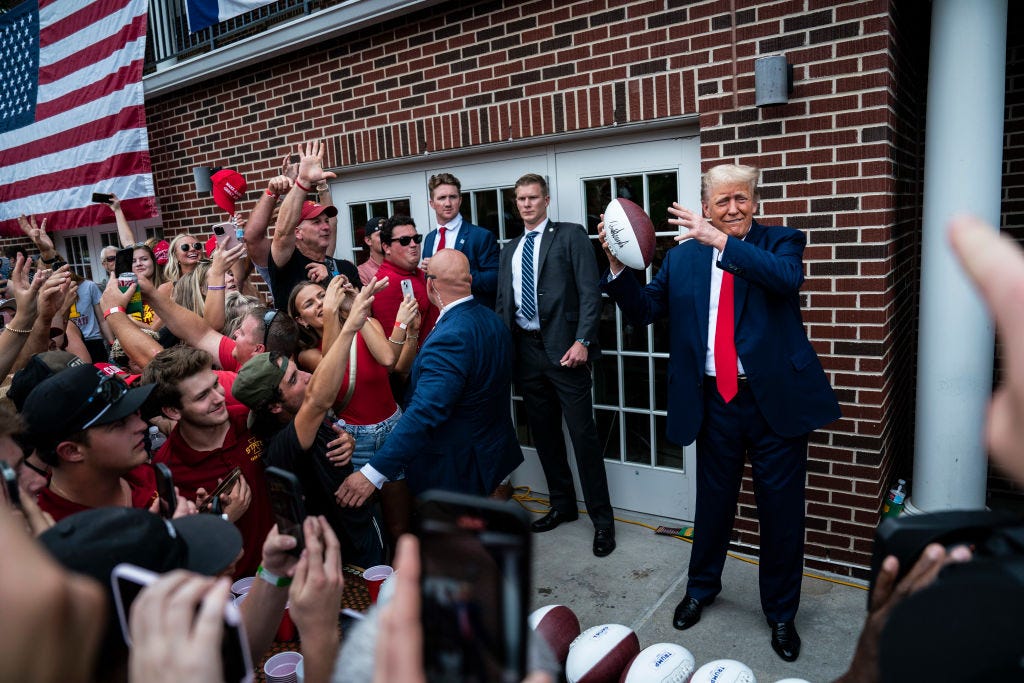
Lucy Ivey, a 20-year-old student at Brigham Young University in Utah, told me she was turned off by Trump’s “disrespect toward women,” especially during his debates in 2016 with then–Democratic nominee Hillary Clinton. Ivey added that Trump’s “multiple allegations of sexual misconduct” with more than a dozen women are “deeply troubling.” Ivey, who’s originally from Brooklyn, New York, and plans to vote for Harris, worries that Trump gives men a permission slip to behave badly.
“It’s hard to ignore how such behavior might influence young men, especially in our generation, sending a message that objectifying women is acceptable and undermining the importance of consent,” she said.
Meanwhile, Joe Mitchell, a 27-year-old from Des Moines, Iowa, said he’s concerned that men have been shut down in today’s political climate. When Trump was president, Mitchell said, there was “a full-on blitz from essentially the ‘thought police’ and a lot of people in the Democrat Party that said, ‘You know, you shouldn’t be able to say certain things or talk about certain ideas.’ That’s where I think everything came to a head. You saw the former president and a lot of other people that were banned or kicked off Twitter, Facebook, and Instagram.”
In 2020, Mitchell started Run GenZ, an organization that supports young Republicans running for office. “We shouldn’t be kicking people off platforms,” he added. “We shouldn’t be deplatforming people. We should allow people to speak their voice. I think that’s really when you started seeing the young men take part and start paying more attention.”
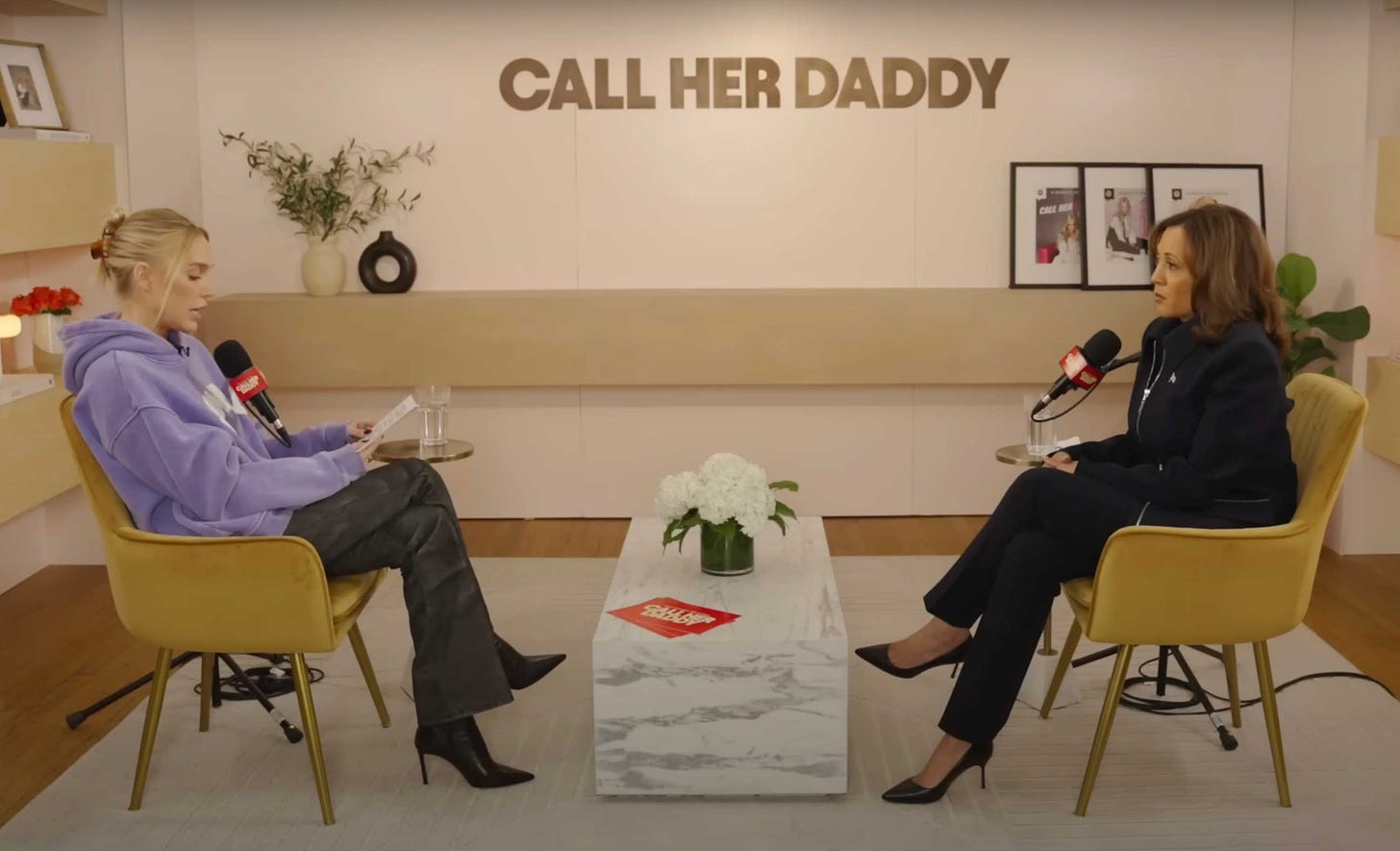
Mark Moran, a 33-year-old independent who lives in New York City, agrees. “Gen Z and millennials for so long have been taught to feel that any display or expression of masculinity is toxic, and you’re starting to see pushback on that,” Moran told me.
Though Moran is undecided on how he will cast his ballot this November, he’s leaning toward Trump. “I think that you’re seeing this almost awakening of younger men who have grown up on the internet and are starting to realize that not all masculinity is toxic.”
Since the election of Trump in 2016, young female Americans have moved significantly to the left compared to women 30 and up, no matter their class or education, while young male Americans have remained moderate (a number that has hovered around the 40 percent mark since 1999). Today, young women are now more likely to say “abortion should be legal under any or most circumstances,” “gun laws should be stricter,” and that “protection of the environment” should be prioritized over “economic growth.”
It’s hard to escape the conclusion that each candidate is only speaking to one of the sexes. Just look at Kamala Harris’s recent media appearances.
Earlier this month, Harris sat down with Alex Cooper, host of the female-focused podcast Call Her Daddy, for a conversation partly about reproductive rights and abortion. “I couldn’t see a world in which one of the main conversations in this election is women, and I’m not a part of it,” Cooper told her listeners at the start of the episode. Harris also recently appeared on The View and, in July, delivered a speech to her former sorority: Alpha Kappa Alpha. She was the first sitting U.S. vice president or president to visit an abortion clinic, and her campaign enthusiastically embraced British pop star Charli XCX’s endorsement of her “brat” status while also inviting Megan Thee Stallion to perform at one of her rallies.
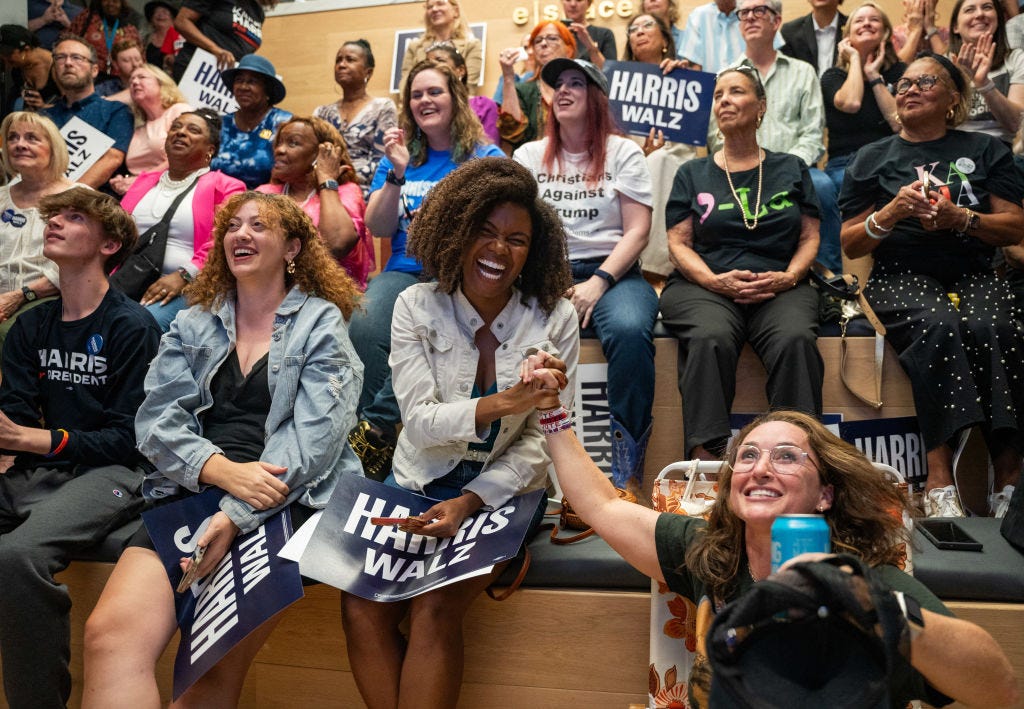
President Donald Trump, meanwhile, has blitzed male-centered podcasts hosted by comedian Theo Vonn, wrestler Logan Paul, and computer scientist Lex Fridman. After surviving an assassination attempt at a campaign rally in Butler, Pennsylvania, in July, he punched the air triumphantly, producing an instantly iconic image that became a macho internet meme. And over the weekend, on the Nelk Boys’ Full Send podcast, Trump announced he’d be doing Joe Rogan’s show before the election.
With both Harris and Trump courting their own genders, clearly trying to jack up their margins with young women and men, each is at risk of alienating the other sex. “When I see at Kamala Harris rallies to get people in there’s Megan Thee Stallion, podcasts with Alex Cooper, who I’m not judging their character by any means, but the stuff they generally talk about in their music and their shows, they don’t necessarily align to what I deem as important,” said Nick Kerkhoff, 21, a football player and fraternity president at Carroll University in Waukesha, Wisconsin. Kerkhoff said he also appreciates Trump’s “America first” posture, and hopes to see greater U.S. support for domestic issues like hurricane devastation and forest fires rather than foreign wars. “I want to get back to fixing America so that we’re strong again, so we can make the world strong again.”
Even with their vice presidential picks, Trump and Harris have chosen two starkly different male archetypes. On the right, there’s Senator J.D. Vance, a venture capitalist and former Marine. On the left, there’s Minnesota governor Tim Walz, a former congressman, National Guardsman, and public school teacher. This past weekend, Tim Walz went pheasant shooting with a Beretta shotgun in tow, in an apparent effort to win over male voters.
But, for a certain sect of young men, Walz’s efforts may be in vain—especially after he was shown struggling to load his shotgun. Walz “is the antithesis of what a younger male in finance would view as their version of masculinity,” Moran told me, “whereas someone who is kind of a combination of a Trump-Vance is much more closer.”
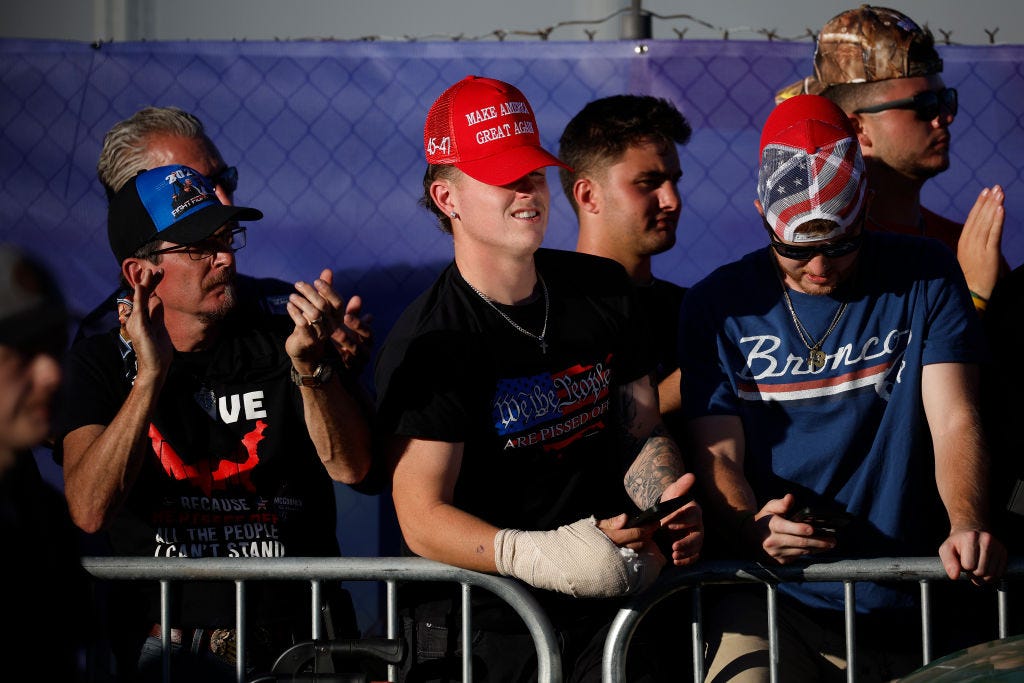
But if Walz risks alienating young men, Vance is kryptonite for young women. In July, old comments Vance made that the country is run by “a bunch of childless cat ladies who are miserable at their own lives and the choices that they’ve made and so they want to make the rest of the country miserable, too” resurfaced—frustrating some women, even those who consider themselves Republican.
“A lot of women, especially conservative women, were really angry about the way J.D. Vance has talked about women,” said Lucy Cox (no relation to Daniel), who’s 20 and a Republican studying at the University of California, Berkeley. No matter their political leanings, “it’s still something that irks them.”
As the Republican Party has swooped in on a quest to pick up young men, Daniel Cox from the Survey Center on American Life said Democrats haven’t done a good job of retaining them. While a plurality of young men still identify as moderate, Cox said that since the Obama years, “there has been a rapid decline in Democratic identity.” Back then, “you had a lot of millennial men who were very supportive of him and were pretty strongly Democratic in their identity, and this new generation of young men, Gen Z, simply doesn’t share the same attachments to the party.” Barack Obama himself copped to this shift, admonishing a group of black male voters in Pittsburgh last week. “We have not yet seen the same kinds of energy and turnout in all quarters of our neighborhoods and communities as we saw when I was running,” he said. “That seems to be more pronounced with the brothers.”
But many young voters I talked to said gender isn’t everything, at least when it comes to selecting the next president. Jack Lobel, a 20-year-old Columbia student and press secretary for Voters of Tomorrow, a youth group that supports Kamala Harris, told me that “being a man is part of my identity. But being a human being informs my political beliefs. The notion that we all deserve freedom and healthcare and good job prospects, that has very little to do with masculinity and more to do with humanity.”
Lobel added, “Some men have to realize that it’s not always about us. This election is about more than just us.”
Rachel Janfaza is a journalist covering youth political culture, and she’s the founder of The Up and Up. Read her last story for The Free Press, “Why Buying a Home Seems Impossible for Gen Z.”
For more stories on Gen Z and the election, culture, and politics, become a paid subscriber:


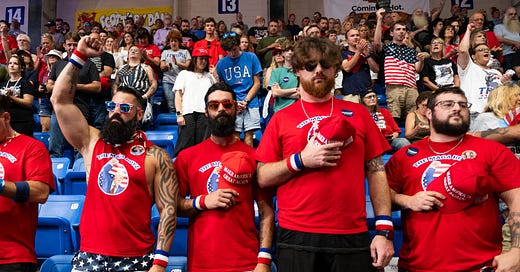



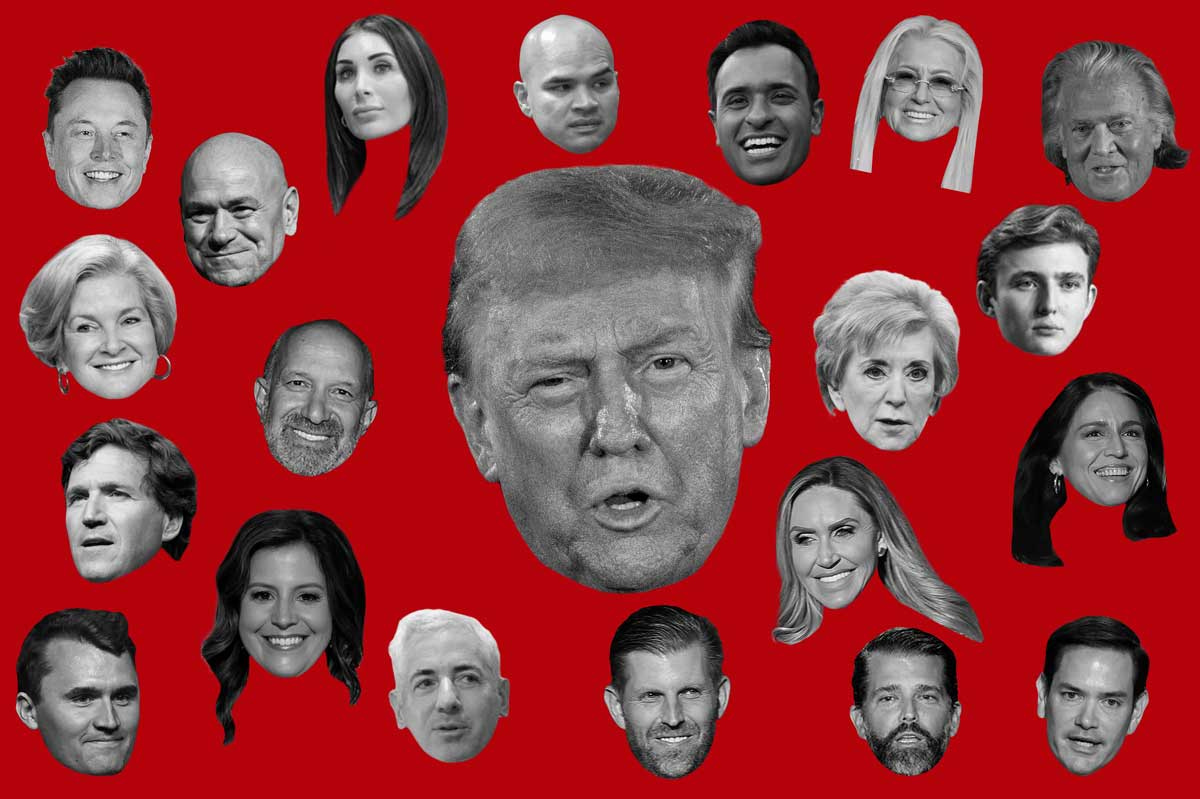

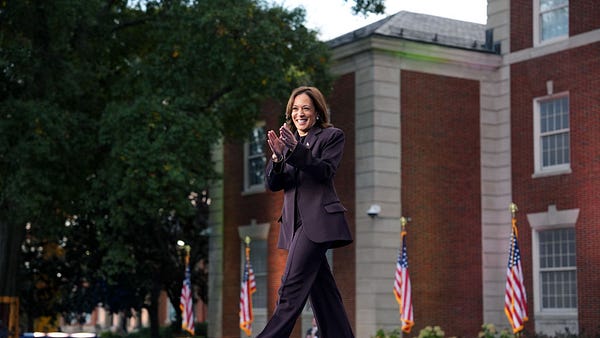

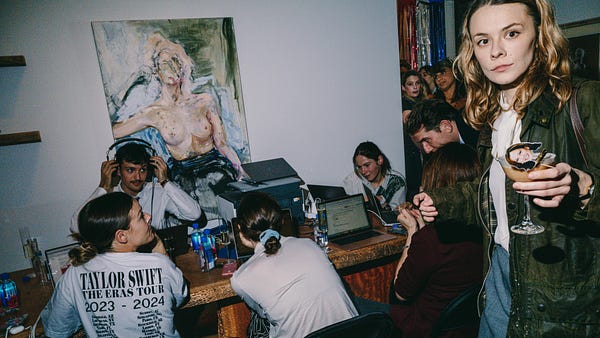

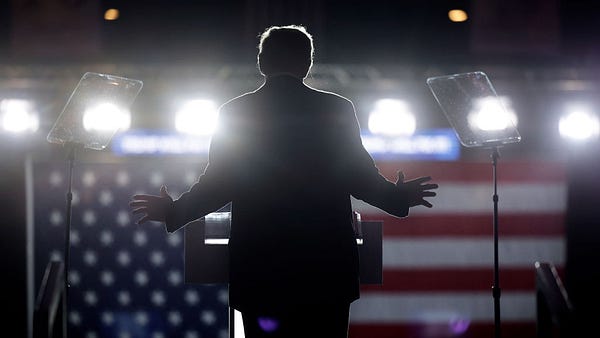

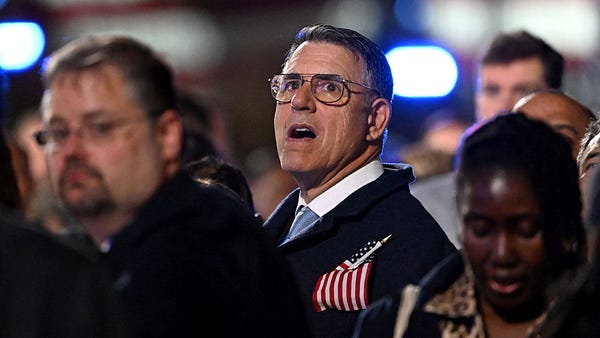

Given the left in general (and the Democratic party in particular) has spent the last decade or so painting men as villains and typical male behavior as "toxic", it is no wonder GenZ has had enough. Good for them. Hopefully the Democrats begin to recognize that equal rights was never supposed to be a zero-sum game. You can in fact empower all people regardless of gender.
A great example: the Bill Maher interview the other night with Laura Coates and Buck Sexton. In the segment, the topic was specifically the problem Democrats have with men in that they simply can't speak to the problems men have and they are unable to define masculinity in anything but toxic terms. Each and every time Buck would note a positive masculine trait, you had Coates chiming in with "women can do that too" ... totally missing the point and totally illustrating the problem Democrats have: you're allowed to celebrate positive feminine traits ... and mainstream does it ALL.THE.TIME ... but you are never allowed to speak of - let alone celebrate - positive masculine traits (unless they are through the lens of women).
No wonder men are giving up on the left. Good. It's about time. Clearly they don't want us around anyway (as their mainstream entertainment & educational institutions clearly show). If they don't want us around, then clearly they don't need our votes either.
Makes me ashamed of my gender. The driving force of women is “Reproductive rights” which is actually abortion if these women were being honest. There’s absolutely nothing “Reproductive” about aborting thousands of babies per day. Maybe these women are too ill educated to even understand that. This demographic is clearly demonstrating the horrors of our education system.
If this article is correct, and I’m not sure it is, are most women truly this dense that that they would vote for a woman like Harris who has such a low intellect that even her own party didn’t like her until 5 minutes ago. Plus she’s for every policy that causes more women to be harmed and marginalized in their communities. It’s beyond stupid. What a disappointing representation of young women. They’re led by the nose by politicians.